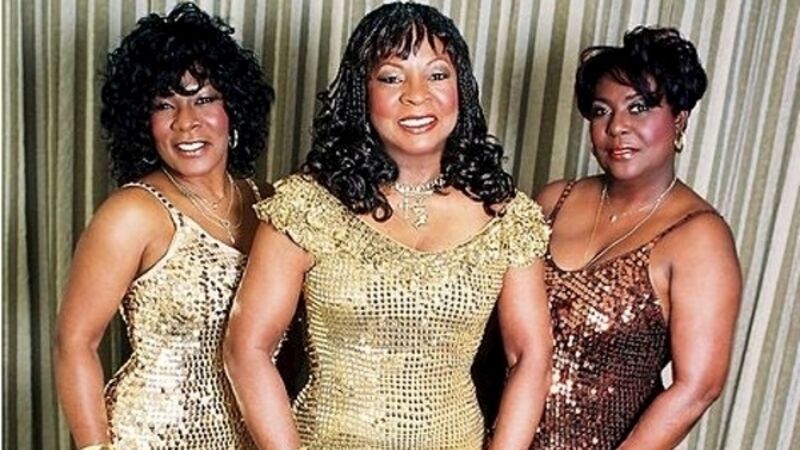'The simple answer is, I was given drugs when all I needed was some rest': Motown legend Martha Reeves

In advance of her appearance at the Guinness Cork Jazz Festival, chats to Motown legend Martha Reeves
Try from €1.50 / week
SUBSCRIBEIn advance of her appearance at the Guinness Cork Jazz Festival, Ellie O'Byrne chats to Motown legend Martha Reeves
There’s quite the story behind how you ended up in Martha and The Vandellas. Will you share it with us?
Already a subscriber? Sign in
You have reached your article limit.
Annual €130 €80
Best value
Monthly €12€6 / month
Introductory offers for new customers. Annual billed once for first year. Renews at €130. Monthly initial discount (first 3 months) billed monthly, then €12 a month. Ts&Cs apply.
CONNECT WITH US TODAY
Be the first to know the latest news and updates
CONNECT WITH US TODAY
Be the first to know the latest news and updates

Our team of experts are on hand to offer advice and answer your questions here
Newsletter
The best food, health, entertainment and lifestyle content from the Irish Examiner, direct to your inbox.
© Examiner Echo Group Limited